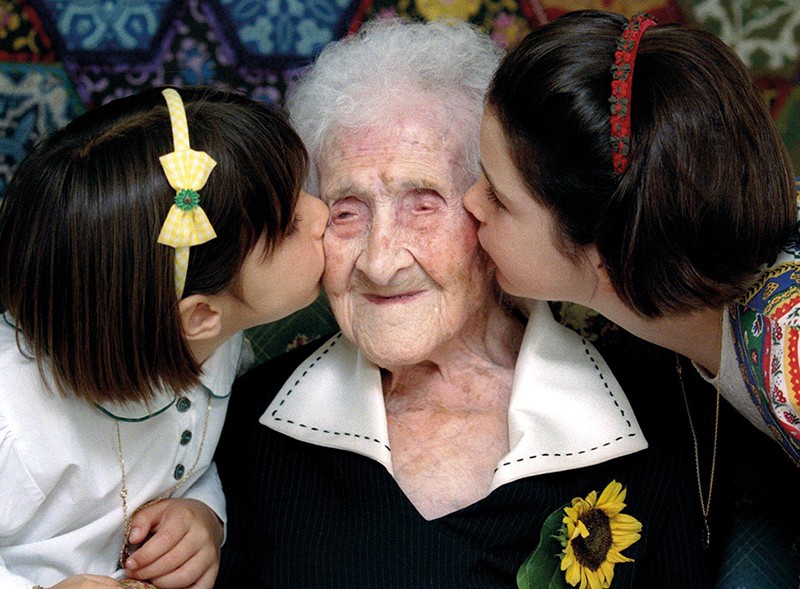A recent study by researcher Saul Newman has ignited a fresh debate about the longevity of super-centenarians. The research suggests that inadequate record-keeping might be crucial to understanding why some individuals live beyond 110 years. Newman’s findings challenge established notions about “blue zones”—areas recognized for their high number of centenarians—indicating that inaccurate or incomplete birth records could be more important than previously believed.
Newman’s research has cast doubt on the reliability of age verification in places like Okinawa, Japan, and Sardinia, Italy, where residents are celebrated for their long life spans. He posits that inconsistent or faulty record-keeping in these regions may explain the unusually high number of super-centenarians. This insight has led experts to reevaluate the methods used to track and confirm age in global longevity studies.
While some experts are skeptical of Newman’s assertions, others find the idea that poor record-keeping, rather than genetic predispositions or lifestyle choices, could significantly influence the remarkable longevity of certain groups to be compelling. This theory encourages a deeper investigation into the real factors that affect aging and longevity.
As discussions progress, Newman’s findings pave the way for new conversations about what contributes to a long life, with the quality of record-keeping—or the absence of it—potentially being one of the most unexpected factors in the mix.





